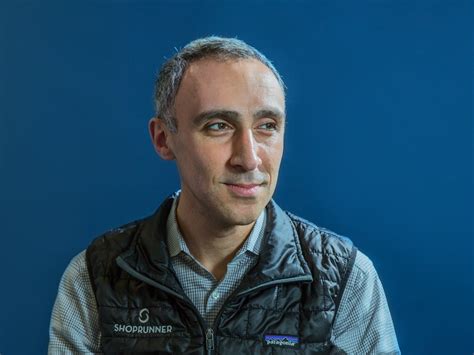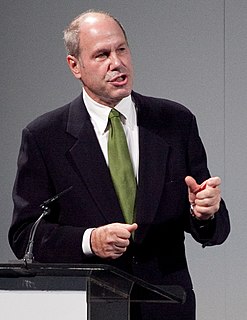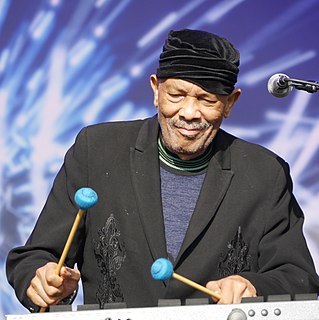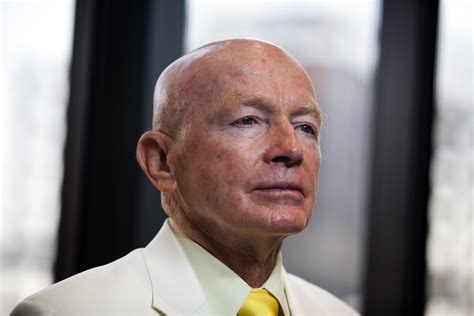A Quote by Sam Yagan
I like being part of a big company's executive team. It's fun to stretch other parts of my brain, considering questions like, 'How should we think of acquisitions?' I get to be privy to things that would never come up at a small company.
Related Quotes
There are fun parts of running a startup and not so fun parts, and Facebook handles the not so fun parts, like infrastructure, spam, sales. The real questions are, how big can 'Instagram' get? Is it 400 million, or bigger? Can it be a viable business if it is that big? These are at the top of the list for everyone in Silicon Valley.
When you're in a start-up, the first ten people will determine whether the company succeeds or not. Each is 10 percent of the company. So why wouldn't you take as much time as necessary to find all the A players? If three were not so great, why would you want a company where 30 percent of your people are not so great? A small company depends on great people much more than a big company does.
When you're coming into a company and, you know, have to do a transformation, what you really want to do is look at the company and say, 'Okay, here are the parts that the company does well. How do we get those genes to hyper-express? The genes that are getting in the way, how do you turn those off?'
Whenever I talk to people who founded a company, I often like to ask the prehistory questions 'When did you meet? How long have you been working before you started the company?' A bad answer is, 'We met at a networking event a week ago, and we started a company because we both want to be entrepreneurs.'
But I did mine through a production company. All the music I did, I gave to the production company. Then the production company would give the record company the album. I used to do all my albums like that. It was fantastic. But now, understand, I have never planned to do anything with these other tapes. The one that are released, like the Virgin Ubiquity you have there, I wasn't going to do anything with that music. One day, I was talking to this guy that owns BBE over in England, and I said I've got some tapes and stuff that you might be interested in, and he went berserk.
My grandfather was an autoworker, and I have a weapon he manufactured to protect himself from the company that he would carry to work. It's a big iron pipe with a hunk of lead on the head. I think about how far we've come as companies from those days, where workers had to protect themselves from the company.
Shareholder activism is not a privilege - it is a right and a responsibility. When we invest in a company, we own part of that company and we are partly responsible for how that company progresses. If we believe there is something going wrong with the company, then we, as shareholders, must become active and vocal.
Not everyone is going to end up being a founder of a company, but the skill of being entrepreneurial, having ideas and going through with them - that skill is so important. Everyone should be imbued with it. Because once you have that, once your brain has been wired for that, all these problems, obstacles, all these things start looking like things you can hack.


































